Robert Bourassa was a Quebec politician. As leader of the Liberal party, he served as Premier of Quebec from 1970 to 1976, and then from 1985 to 1994.
In the 1970s, his government ushered in a series of reforms based on the welfare state model when confronted with various social, language and economic crises.
A welfare state actively intervenes on an economic and social level to support the development of society.
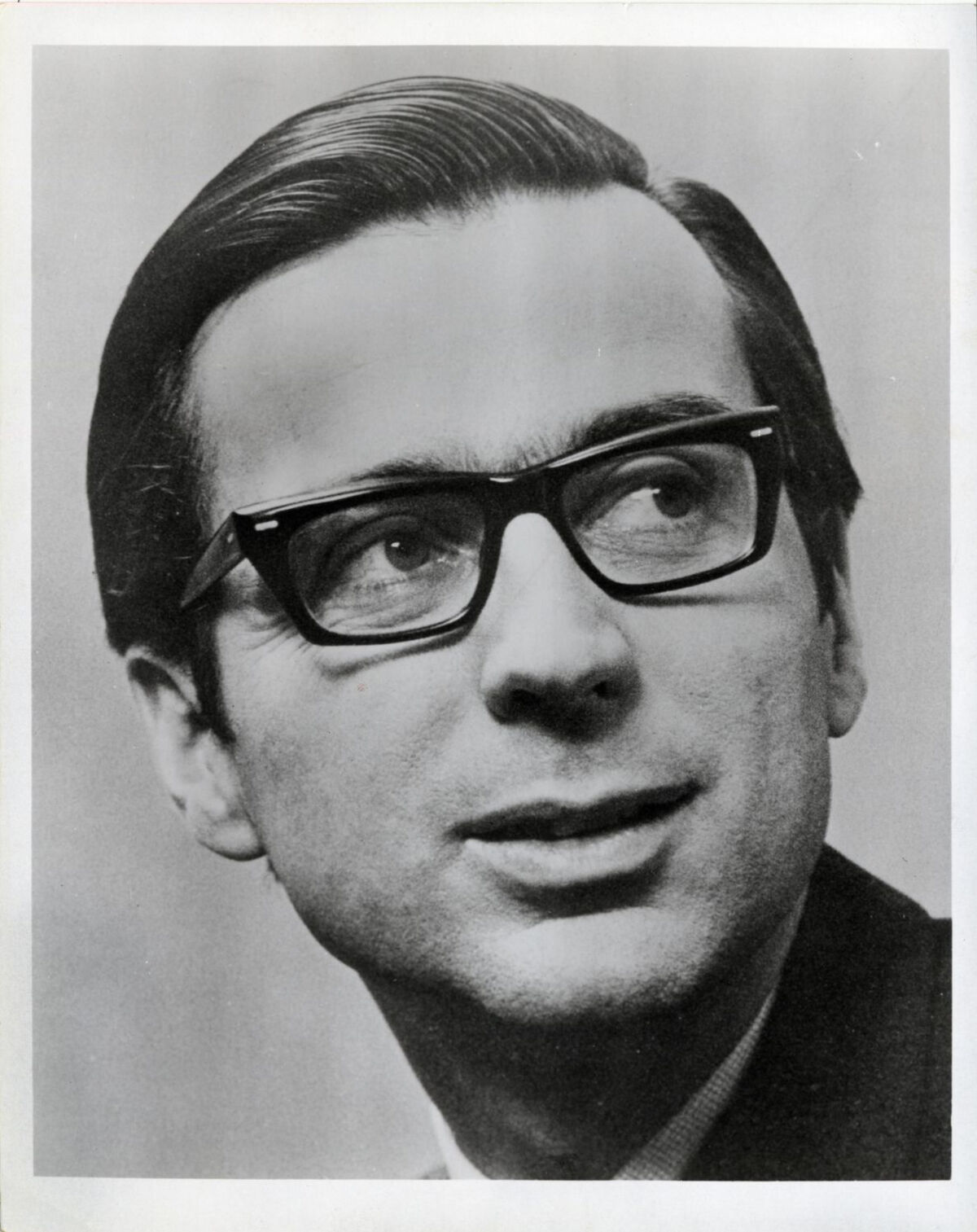
Just a few months after being elected, Robert Bourassa was faced with the October Crisis and terrorist acts committed by the Front de libération du Québec (FLQ). The FLQ was founded in 1963 with the mission of establishing a fully independent Quebec. In the fall of 1970, it ramped up its activities, escalating to the kidnapping of James Richard Cross, a British diplomat, and Pierre Laporte, then Minister of Labour and Deputy Premier. This chaotic situation drove Bourassa to request that the federal government invoke the War Measures Act.
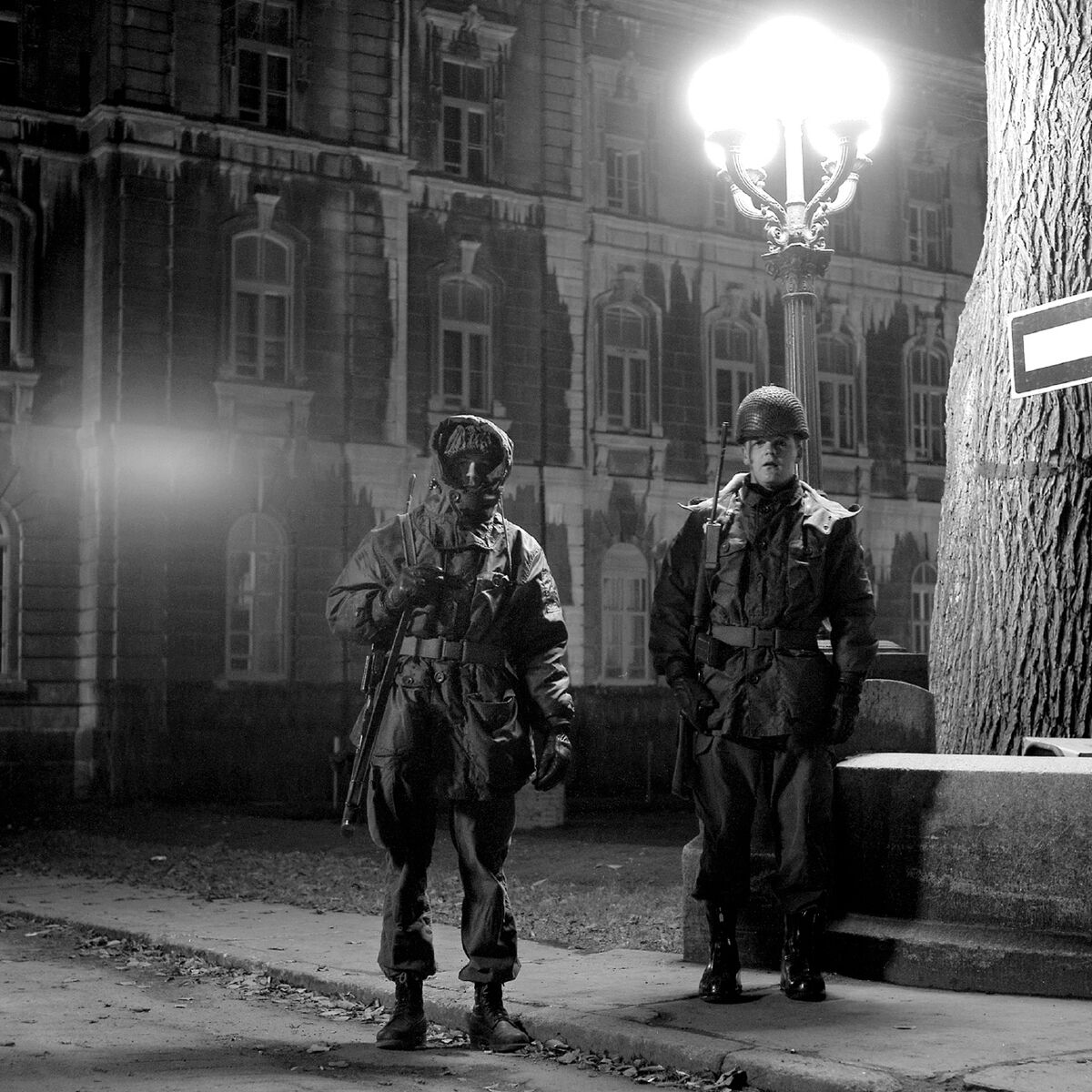
Since signing the Statute of Westminster in 1931, the British Parliament had become less involved in Canadian politics. In 1971, Prime Minister Pierre Elliott Trudeau worked to establish an agreement between the 10 provinces on a new constitutional bill. The aim was to make Canada a fully sovereign nation with total control over its Constitution. From June 14 to 16, 1971, Trudeau met with the premiers in Victoria, British Columbia, to present the Victoria Charter to them. Upon returning to Quebec, Robert Bourassa needed the members of the National Assembly to approve the document and have it amended if needed; however, the Charter was not well received. Under pressure from his Liberal colleagues and opposition members, Bourassa refused to sign the document, citing its failure to guarantee sufficient exclusive powers for Quebec. This resulted in an impasse in constitutional negotiations. Supporters of the bill would have to wait until 1982 before it was finally passed.
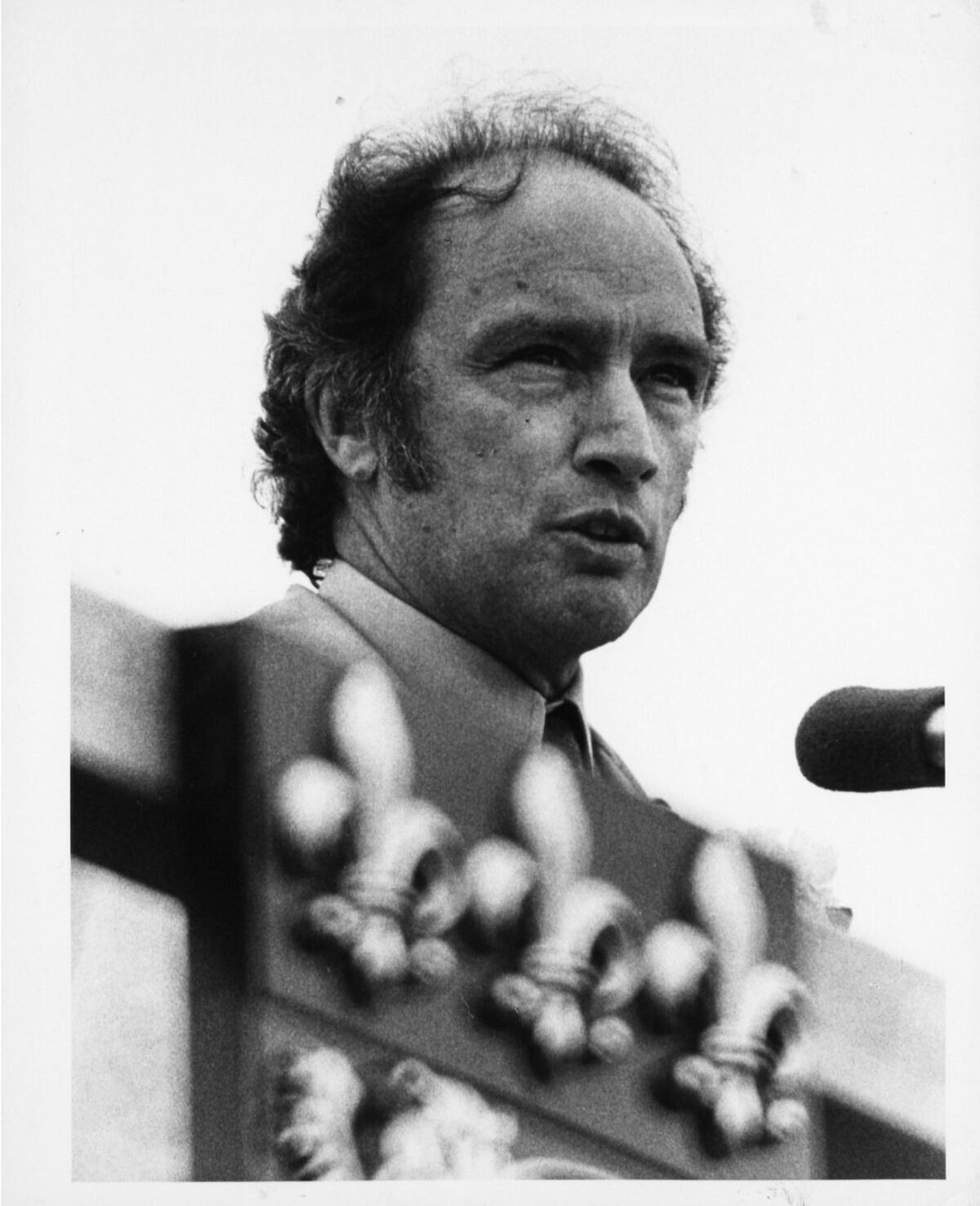
In 1968, a highly publicized event at a Saint-Léonard school sparked a language crisis in Quebec. At the time, half the population in this northern Montreal suburb was Italian. Despite this, Francophone parents tried to impose French unilingual education in the province’s schools. With the support of the school board, they successfully closed bilingual classes and compelled children to attend primary school in French. This angered the Italian community as well as Allophones. The situation caused the government to adopt Bill 63 to promote the French language in Quebec, while also allowing parents to choose their children’s language of education.
In the early 1970s, Quebec significantly changed immigration laws to allow immigrants from different countries to settle in the Francophone province, opening its doors to larger numbers of immigrants from more diverse backgrounds. However, many Quebecers were concerned that the influx of immigrants would lead to a further decline in the French language.
The language debate intensified in 1974, when the Bourassa Government adopted Bill 22. It made French the only official language of Quebec and made it mandatory for children to pass an English aptitude test in order to attend an Anglophone school. The law was unpopular with Francophones who wanted to compel all newcomers to receive an education in French, and Anglophones felt that it infringed on their rights. Later, in 1977, René Levesque’s government adopted the Charter of the French Language, also known as Bill 101. The aim was to make French the primary language in the workplace and all public spheres. These language laws created tension between Francophones and Anglophones in Quebec.
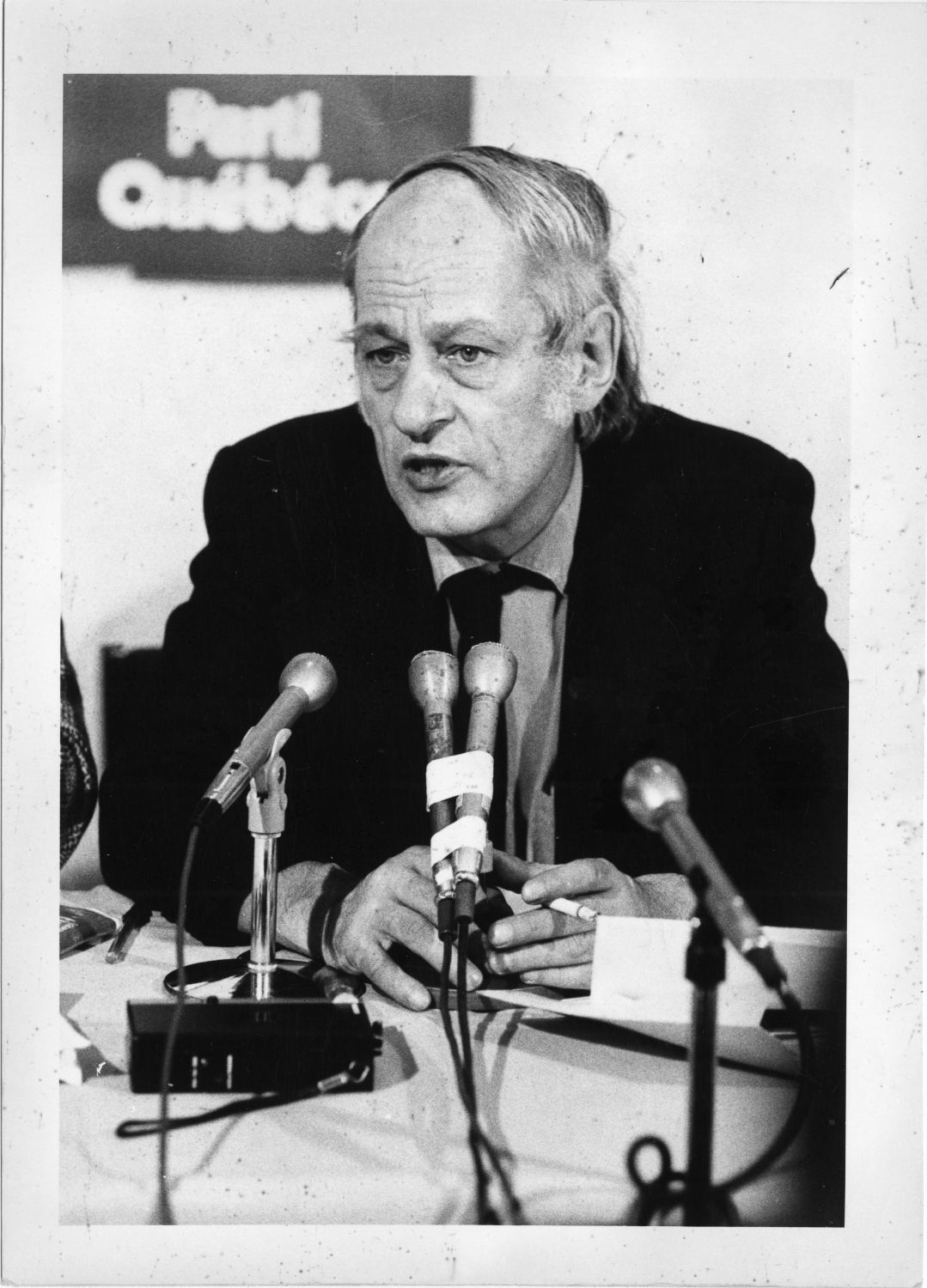
During the 1970 election, the Bourassa Government promised to prioritize the economy. To create jobs, the provincial government launched important construction projects such as the James Bay Hydroelectric Project, which built three hydroelectric dams in Jamésie, along La Grande Rivière, about 1000 kilometres from Montreal. The Cree and Inuit communities who lived in the region opposed the project from the start, demanding that their Indigenous (also referred to as Aboriginal in some documents) rights be respected. Indigenous peoples made their case before the courts, and the construction work stopped. On November 11, 1975, the government and Cree and Inuit communities reached an agreement and signed the James Bay and Northern Quebec Agreement. A few years later, the Quebec Naskapi would also sign an agreement to protect their hunting and fishing territory.
The major construction projects started by the Bourassa Government also helped mitigate the economic slump caused by the 1973 oil crisis. October 6, 1973 marked the start of the Yom Kippur War between Egypt and Israel. However, in the Middle East, the conflict had far-reaching consequences: Egypt’s Arab allies decided to reduce their oil exports to the United States, which was backing Israel. Oil prices skyrocketed 400%, affecting all the major oil consumers, including Canada. This first spike in oil prices led to a sharp increase in cost of living and job losses. The Trudeau Government had to intervene to keep the economy afloat with measures such as price controls on certain products and the founding of the Petro-Canada oil company. Meanwhile, in Quebec, Bourassa continued to rely on construction projects, like the Montreal Olympic facilities, Mirabel Airport, and the James Bay Hydroelectric Project.
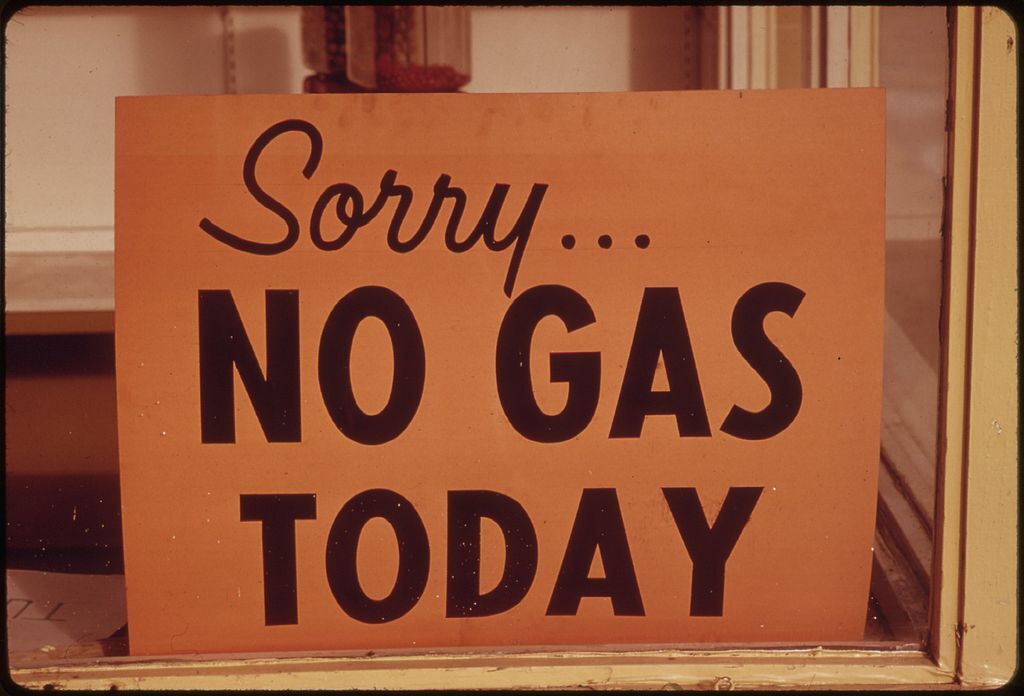
The economic unrest in the 1970s gave rise to several strikes. In the fight for better wages and working conditions, the three main labour confederations (CSN, FTQ and CEQ) decided to form a united front known as the Front commun. In 1972, more than 200 000 workers in the public sector walked off the job indefinitely. Ten days after the strike began, the Bourassa Government adopted special legislation forcing state employees back to work. The leaders of the three main labour confederations encouraged employees to continue the strike in defiance of the law, leading to their arrest. In late May, the provincial government returned to the negotiation table, granting many of the unions’ demands.
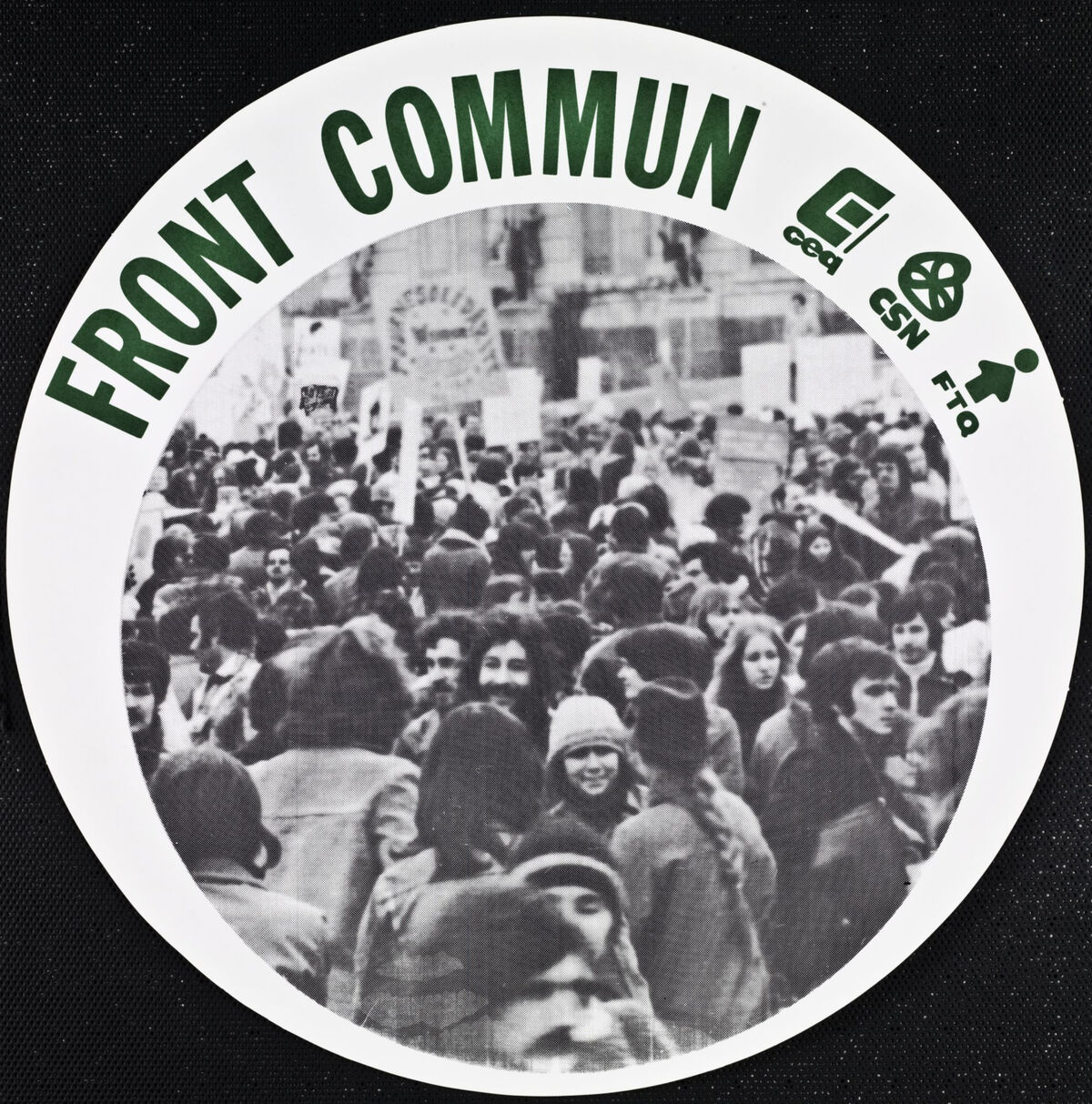
Despite the numerous challenges he faced in his first mandate, Bourassa was re-elected in 1973. He was eventually defeated in 1976 by René Lévesque, leader of the Parti Québécois. Despite strong criticism of his time as premier, Bourassa managed to overcome several crises and a financial recession. In addition to taking on major projects, he implemented a series of social measures, including the Health Insurance Act, laws relating to the pursuit of justice, and the Charter of Human Rights and Freedoms. Québécois remember him as an important political figure who fought to have Quebec recognized as a distinct society in Canada.